The once red-hot ChatGPT has suddenly cooled down.
According to the latest data from the analytics firm Similarweb, the monthly visitation to the ChatGPT website has experienced a cliff-like plummet. Peter Oppenheimer, the head of European macro research and chief global equity strategist at Goldman Sachs Global Investment Research, believes that in terms of monthly visitation, the initial "excitement" of users for ChatGPT is fading. Users may be growing tired of GPT-4 or shifting to other large language models supported by tech giants. The pace at which OpenAI has been releasing updates has noticeably slowed down this year, which may also be one of the reasons for the waning enthusiasm for ChatGPT. Recently, the CEO of OpenAI Japan, Tadahiro Nagasaki, announced that the new generation model, code-named "GPT-Next," is expected to be 100 times more powerful than the current GPT-4 model and is planned to be released later this year. Additionally, the latest scoop reveals that OpenAI executives are discussing the subscription price for the upcoming large language model, with the highest subscription price reaching up to $2,000 per month (equivalent to over 14,000 RMB), but it has not been finalized yet.
Plummeting
Citing the latest data from the analytics firm Similarweb, Peter Oppenheimer, the head of European macro research and chief global equity strategist at Goldman Sachs Global Investment Research, showed that the monthly visitation to the ChatGPT website has plummeted from spring to midsummer.
Oppenheimer stated that in terms of monthly visitation, the initial "excitement" of users for ChatGPT is fading. Of course, this does not mean that the growth rate of the related industry will not be strong, but it does indicate that the next wave of beneficiaries may come from new products and services that can be created based on these foundational models.
The report analysis suggests that the monthly visitation plummet does not signify the end for OpenAI. Users may be growing tired of GPT-4 or shifting to other large language models supported by tech giants, such as Musk's xAI's Grok. Some users may well find that there is no need to integrate AI chatbots into their daily lives.
Regarding the secondary market, Oppenheimer warned of risks in a recent report, stating that although the fundamentals of the tech industry are strong, the concentration risk is high. He advises seeking diversified investments, which can not only reduce concentration risk but also allow investors to enjoy the growth of the tech industry while not missing out on growth opportunities driven by AI technology in other industries.
Data shows that although the valuations of leading tech companies are not as high as those of leading companies in other bubble periods, their market share is the highest in decades, accounting for 27% of the total market value of the S&P, reflecting an unprecedented high concentration.
Taking into account all these factors, Goldman Sachs believes that dominant companies are unlikely to be the fastest-growing companies in the next decade. The stock-specific risk in the current S&P index is very high, and diversification can increase returns.
Major AnnouncementThis year, the pace of OpenAI's releases has noticeably slowed down, which may also be one of the reasons for the waning "excitement" among users for ChatGPT.
At the recently held KDDI Summit, the CEO of OpenAI Japan, Tadahiro Nagasaki, revealed the latest developments regarding the next generation of ChatGPT models.
Nagasaki stated that the new generation model, codenamed "GPT-Next," is expected to be 100 times more powerful than the current GPT-4 model and is planned to be released later this year.
It is understood that OpenAI is currently developing two new artificial intelligence systems: the "Strawberry" AI model and the "Orion" AI model.
Among them, the "Strawberry" AI model is primarily dedicated to enhancing capabilities in areas such as mathematics and programming, while "Orion" is highly anticipated and may become the true successor to GPT-4, also known as the "GPT Next."
Compared to GPT-3, GPT-4 has seen significant improvements in model scale, processing power, and multimodal input, and the GPT NEXT expected to be released this year is projected to use roughly the same computational resources for training as GPT-4, but with an effective computational load increased by 100 times.
This 100-fold increase is likely not just about the expansion of computational resources, but more likely involves an increase in effective computational capacity, as well as a two-order-of-magnitude growth in architectural improvements and learning efficiency.
Nagasaki also disclosed that OpenAI currently has fewer than 2000 employees worldwide, about half of whom are focused on AI development. OpenAI's main customers include Apple Inc., Coca-Cola, and biotech giant Moderna.
In his speech, Nagasaki looked forward to the future of the GPT series, comparing GPT-3 with GPT-4, stating that AI technology will grow exponentially compared to traditional software.
Amidst a backdrop of plummeting traffic, GPT Next will be a crucial major upgrade for OpenAI, drawing significant market attention.Price Disclosure
According to a report by The Information, executives at OpenAI are discussing a high-priced subscription for the upcoming large language model, which involves adjusting the ChatGPT subscription fees through the introduction of a new, large-scale model. The subscription price could reach up to $2,000 per month (approximately over 14,000 RMB), but it has not been finalized yet.
The report suggests that OpenAI will focus on the new flagship models named Strawberry, which is specialized in inference, and Orion. However, the $2,000 monthly price is considered excessively high, leading The Information to be very skeptical about whether the final price will be that high.
The Information believes that how much customers are willing to pay for an AI chatbot is not only crucial for OpenAI but also significant for competitors offering similar products, including Google, Anthropic, and others. This also indicates that the growth rate of the paid version of ChatGPT may not be sufficient to cover the high costs of operating the service.
As previously reported, the new Strawberry model can answer more complex questions or puzzles than OpenAI's current models. The additional thinking or processing time may imply stronger computational capabilities, and thus higher costs. If this is the case, OpenAI may wish to pass on some of these costs to customers.
The Information points out that the paid version of ChatGPT is expected to generate $2 billion in annual revenue, but its growth rate may not yet be enough to support the substantial costs of operating the service, which includes the expenses of hundreds of millions of users on the free plan each month.
Currently, OpenAI is planning a new round of financing in the billions. According to reports from CNBC, The Wall Street Journal, and other American media, this round of financing will be led by U.S.-based Thrive Capital with an investment of $1 billion, with other potential investors including tech giants like Apple, Nvidia, and Microsoft, potentially valuing the company at up to $100 billion post-investment.
OpenAI's previous fundraising record was in January 2023, with Microsoft investing about $10 billion, which remains the largest single investment in the AI field to date.
Additionally, according to Bloomberg, as of now, OpenAI's enterprise version of ChatGPT has over 1 million paying users, a figure that includes the total number of registrants using its ChatGPT Team and Enterprise services (aimed at businesses), as well as university users of its ChatGPT Edu product.
OpenAI stated that nearly half of its enterprise users are based in the United States. Outside the U.S., ChatGPT is most popular among enterprise users in Germany, Japan, and the United Kingdom, but declined to disclose the average number of paying users per enterprise customer.Please provide the text you would like translated into English.


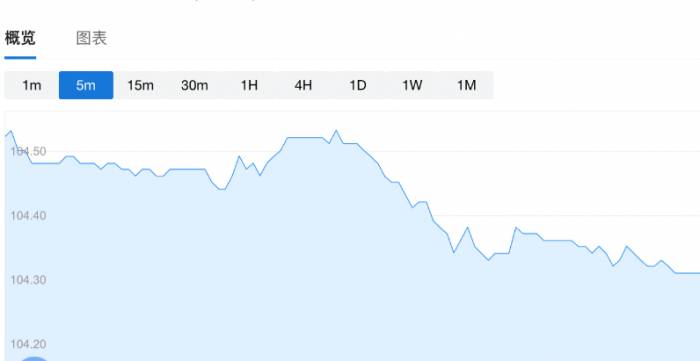
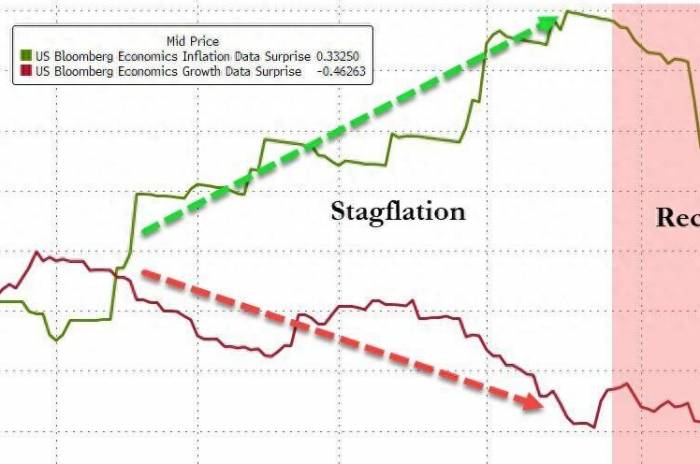
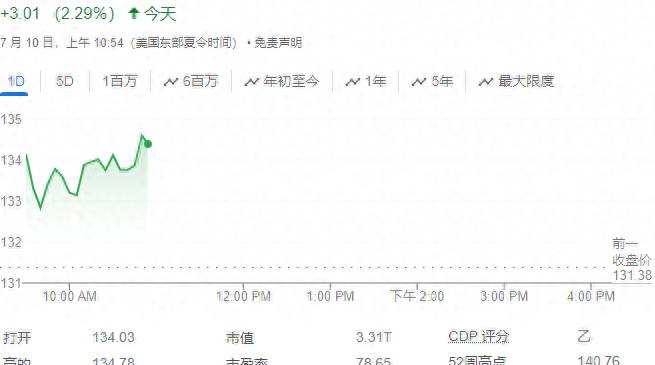





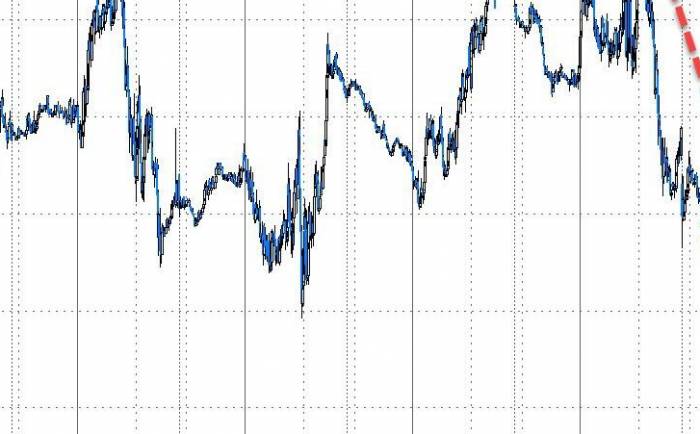
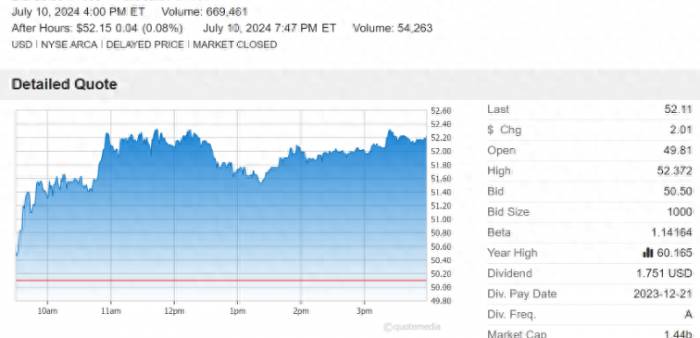

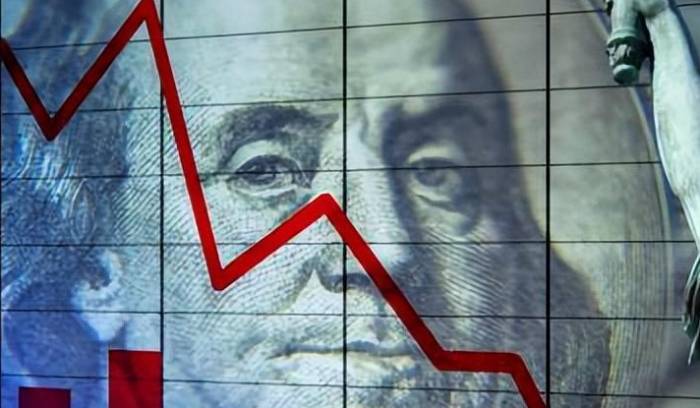





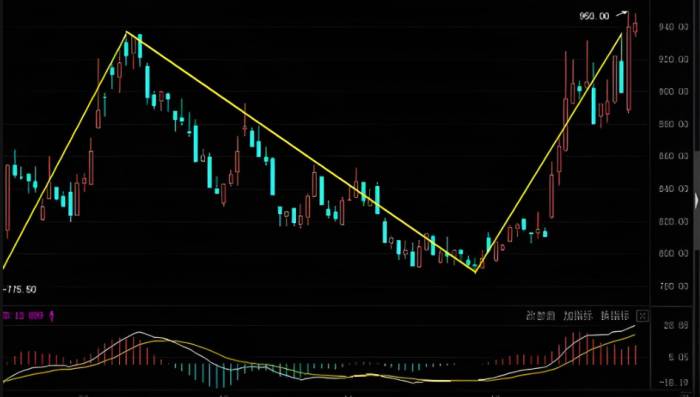




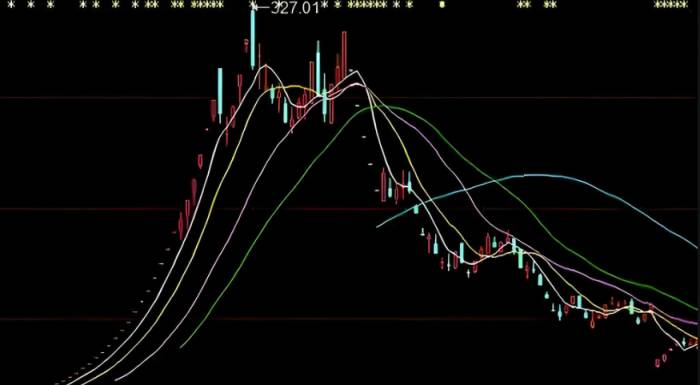

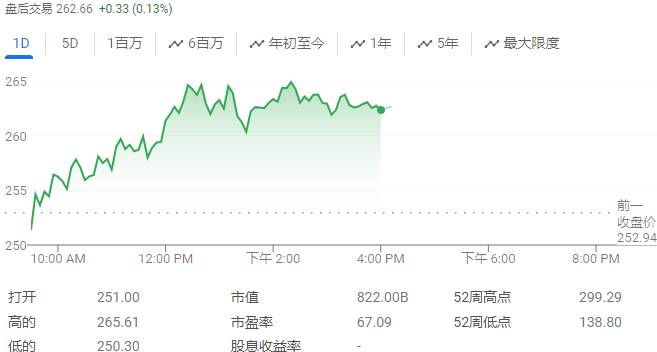


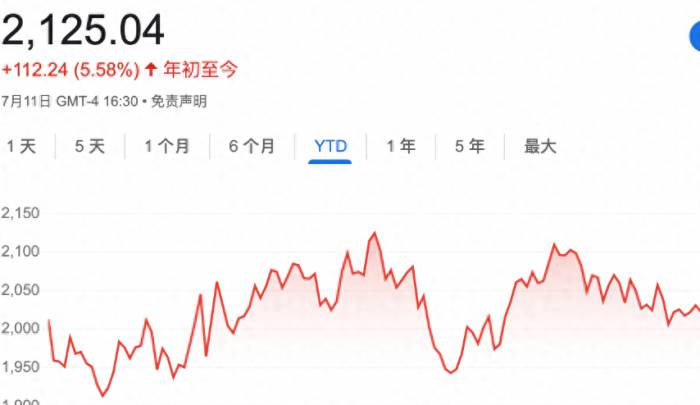
Share Your Experience